Trust, but Verify
What if you could trust that every billed hour was a good hour?
That’s the question I asked a group of Legal Operations Directors a few weeks ago in my last in person meeting before staying home became the only choice. It seems like a lifetime ago; so much has changed. Now that we are settling in to our new normal, I thought it would be good to revisit this.
The answer was resounding. “It would be so much easier!” There were some Law Firm Pricing Directors in the room, and they were as awestruck as I was. It sounded like the group wanted to rewind to a time before AFA’s, fixed bids, RFP’s, and panels. The deeper dialogue affirmed that they did. They went on to explain that even though these mechanisms provide some level of accountability and predictability, trusting their law firm partner was more important. When things change in a matter, and there are always twists and turns, then assumptions need to be adjusted, addendums added, scope changed, and economics modified. Most cases are just too difficult to predict.
Ronald Reagan talked about Trust, but Verify [1] in the days of the cold war. What I learned from that group that the main thing that stands in the way of the billable hour model is the lack of data. How do you verify without data? Most legal departments have published Outside Counsel Guidelines (OGCs) as a mechanism to foster trust and accountability. Sad to say that most law firms don’t know what they say, let alone actively try to comply to them. They largely are developed as a “check the box” exercise and get put into the proverbial bottom drawer never to be read again.
Data is the answer, otherwise we resort to saying that bill just feels like it is too much and subjectivity never allows for real and meaningful progress.
The absence of objective data drives the insecurity and the feeling of being over charged. We delay payment until we are forced to address the issue with our Law Firm. Meanwhile the partner is trying to manage cash flow and both sides reflexively agreed to a 10% discount in order to collect, not because it’s the best thing to do but because it’s the time-honored easy thing to do. This is not good business. It is a viscous cycle that data can end while providing a win-win for everyone.
Legal Decoder is that source of objective data. Our analytics are consistent and unbiased. We provide the same answer every time no matter if we are analyzing an invoice before the law firm sends it or if we are helping our corporate clients understand the invoice they have received. This kind of transparency is the Verification that Reagan was looking for. It is what will make the business of law more profitable for Law Firms and simultaneously reduce the per matter spend corporations are paying.
I didn’t go into that conversation fishing for an answer. I genuinely wanted to understand the financial dynamic that exists between law firms and their clients. It turns out that both parties want to make the working relationship easy and spend all their energy battling over the case and bringing home a win.
* * * * *
[1] Trust, but verify (Russian: Доверя́й, но проверя́й, is a rhyming Russian proverb. The phrase became internationally known in English when used by President Ronald Reagan on several occasions in the context of nuclear disarmament discussions with the Soviet Union. See wikipedia.
